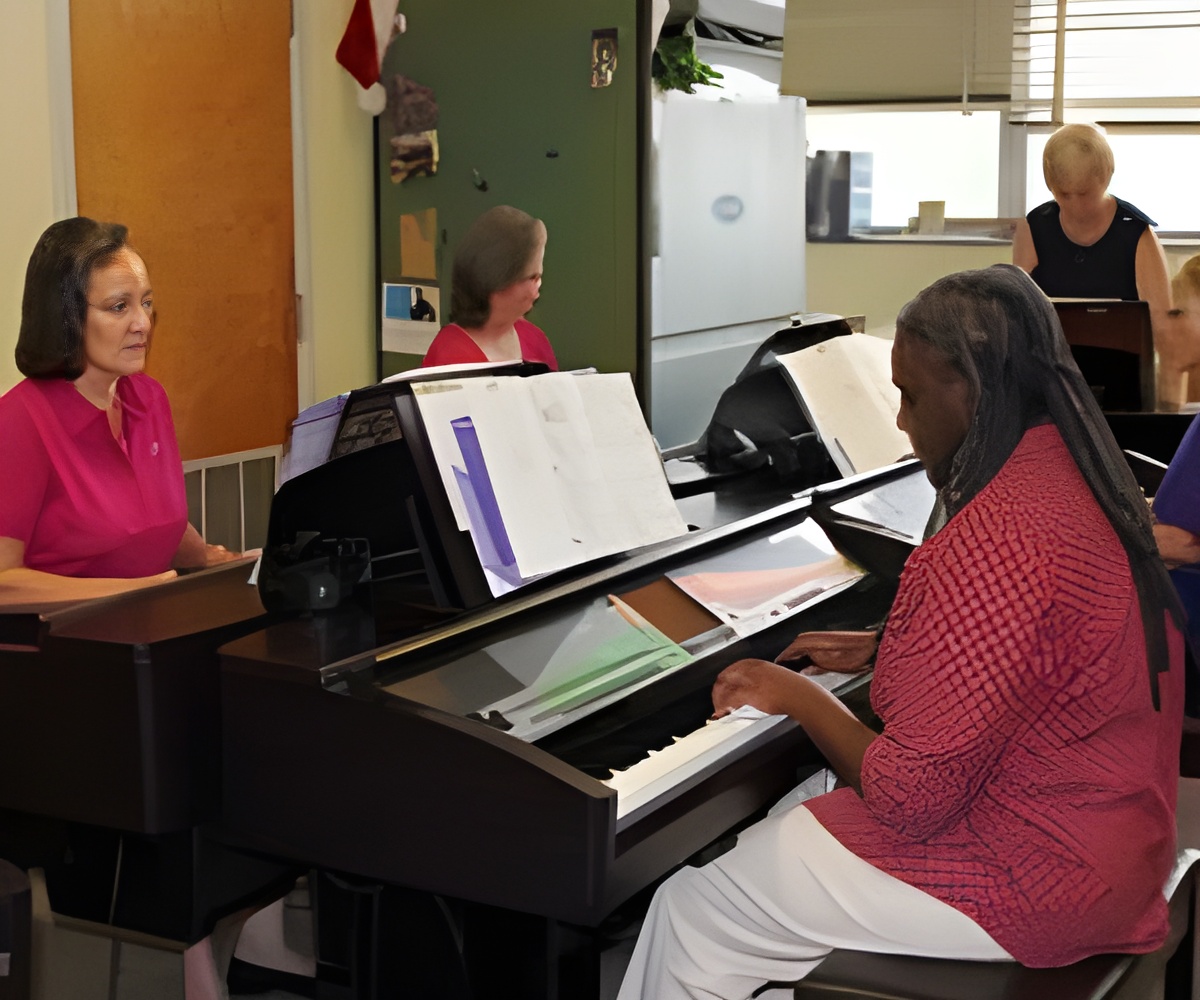Therapy with music can enhance speech perception, the process by which the sounds of language are heard, interpreted and understood.

TOP INSIGHT
Musical training sharpens, bonds ears and lips/tongue so that individuals can hear speech better in a noisy surrounding.
The study analyzed brain activity measured by functional magnetic resonance imaging (fMRI) of 15 musicians and 15 non-musicians, all on average 21-22 years of age, as they identified speech syllables against changing levels of background noise.
The musicians had started their musical education before age seven and accumulated at least 10 years of musical training. They had practiced consistently (> 3 times per week) over the past three years. The two groups showed no difference in their hearing level, education, auditory working memory or non-verbal IQ.
While the two groups performed equally under a no-noise condition, the musicians outperformed non-musicians at all other signal-to-noise ratios (SNRs). This ability was associated with enhanced activation of the left inferior frontal and right auditory regions in the musicians' brains.
Additional analysis revealed that neural patterns related to phonemes, which compose syllables, were more distinct in the bilateral auditory regions and speech production-related frontal motor regions of the musicians' brains, as compared with non-musicians.
The finding that musical training sharpens and bonds ears (the auditory system) and lips/tongue (the speech motor system) so that individuals can hear speech better is important.
Source-Eurekalert
 MEDINDIA
MEDINDIA




 Email
Email






